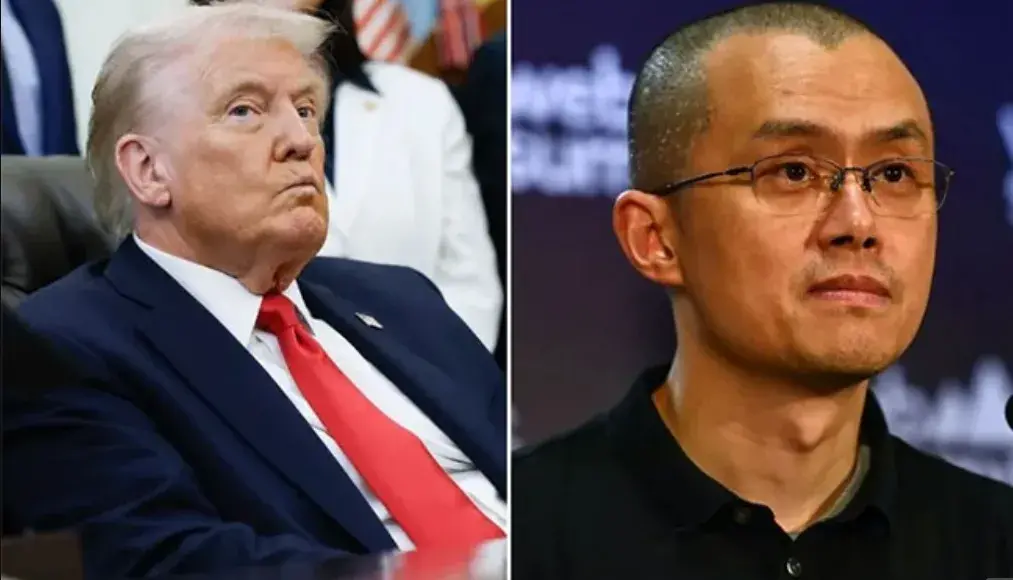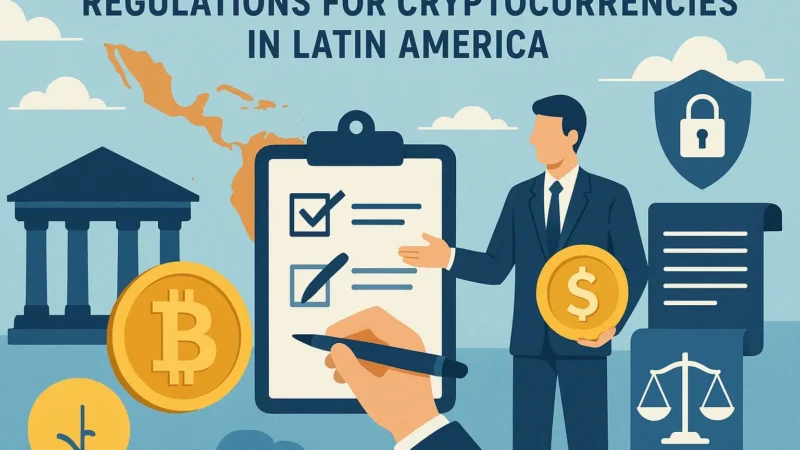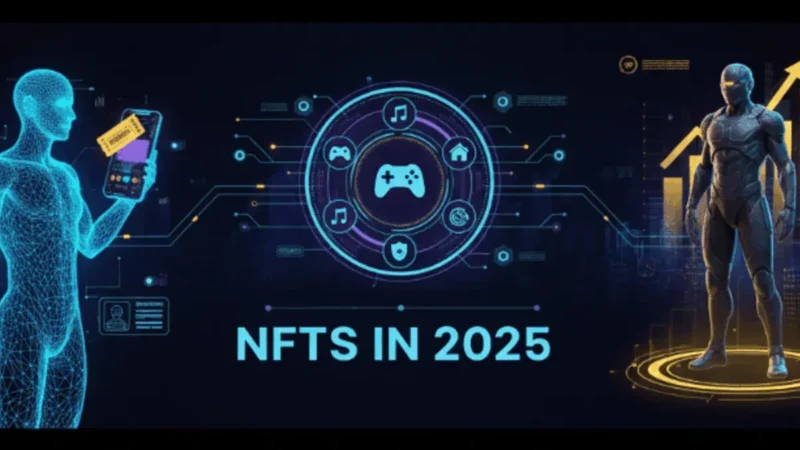Changpeng Zhao Pardoned: Binance Co-Founder Refocuses on Crypto’s Impact on the US Economy

Last week, the cryptocurrency world was rocked by a politically and financially charged piece of news: President Donald Trump pardoned Changpeng Zhao (CZ) , co-founder of exchange giant Binance . Zhao had previously been convicted of violating US anti-money laundering (AML) laws. The pardon, granted by the president, was based on the allegation of compassion and accusations of political persecution against the crypto leader. This event not only marks a dramatic turn in Zhao’s personal fortune, but also reignites conversations about the pivotal role that cryptocurrencies, according to him, are destined to play in the US economy.
Changpeng Zhao , or “CZ” as he is known within the community, is synonymous with the rise of the crypto industry. Under his leadership, Binance grew into the world’s largest exchange, challenging traditional financial systems. Despite the legal issues that culminated in his conviction and Binance’s multi-million-dollar settlement with US authorities, his conviction about the economic potential of digital assets has never wavered. Now, freed from his sentence, attention is turning to his perspective on the contribution that blockchain technology can offer to the United States.
CZ’s Argument: Cryptocurrencies as an Economic Engine
Changpeng Zhao ‘s core belief has always been that cryptocurrencies are not just a financial tool, but an engine of technological and economic growth. This argument is particularly relevant in the context of the United States, a nation struggling to maintain its leadership in technological innovation.
Innovation and Job Creation
The crypto sector is human capital-intensive, requiring software engineers, cybersecurity specialists, regulatory compliance experts, and blockchain developers. Changpeng Zhao argues that by fostering a clear and welcoming regulatory environment, the US could attract global talent and venture capital, generating thousands of high-tech jobs. The construction of Web3 infrastructure, from Layer 2 solutions to the development of smart contracts for DeFi, represents a wave of innovation comparable to that of the internet in the late 1990s.
Capital Flow and Foreign Investment
Binance, despite its regulatory issues, demonstrated the immense amount of capital flowing into digital assets. If the United States provides a legal framework that encourages institutional participation in crypto, it could ensure that much of this digital wealth is managed and invested within the US economy. Binance’s co-founder has repeatedly argued that a hostile environment will only drive innovation and capital to friendlier jurisdictions, such as Dubai, Singapore, or parts of Europe.
The Impact of Trump’s Pardon on the Crypto Debate
President Trump’s decision to pardon Changpeng Zhao is not just a legal event; it’s a powerful political gesture that could have ramifications for the U.S. regulatory debate.
The Perception of Political Persecution
The pardon, justified in part by accusations of political persecution, adds a layer of complexity to the case. Some sectors within the crypto community have criticized regulatory actions against key figures like Changpeng Zhao as an attempt to strangle a technology that threatens the financial status quo . The pardon could be seen as a partial validation of this perspective, strengthening the argument that regulation should be fair and not punitive. This could influence future decisions by the Securities and Exchange Commission (SEC) and Congress.
A More Open Approach to Cryptocurrency
The pardon comes at a time when the political climate in the United States is increasingly divided over the approach to cryptocurrencies. While one side advocates for strict regulation, another, which appears to be gaining influence, promotes innovation and sees cryptocurrency as a tool for financial freedom. The presidential action could be an indication of a more favorable political inclination toward the industry.
The Compliance Context: The Fine Line Between Innovation and Security
Changpeng Zhao ‘s conviction focused on failures to establish and maintain an effective Anti-Money Laundering (AML) program at Binance. This underscores the inherent tension between the decentralized nature of cryptocurrencies and centralized nation-state regulations.
Commitment to AML/KYC Regulation
Despite its advocacy for innovation, the industry has learned that collaboration with regulators is inevitable. Binance, as part of its settlement with the U.S. Department of Justice, pledged to dramatically strengthen its AML and Know Your Customer (KYC) protocols. The future success of cryptocurrencies’ contribution to the U.S. economy, as Changpeng Zhao envisions , will depend on the sector being able to demonstrate that it can effectively self-regulate against financial crime.
Blockchain technology offers advanced tools for fund traceability, which could, ironically, make cryptocurrency regulations more effective than those for traditional banking systems.
CZ’s Legacy and Future in the Industry
Although Changpeng Zhao is no longer at the helm of Binance, his influence and ideas continue to resonate deeply. His belief that cryptocurrencies will significantly contribute to the US economy is a call to action for lawmakers.
The pardon allows Zhao to re-engage, albeit indirectly, in public debate and ecosystem development. Her experience, both in building a global company and navigating the complex U.S. regulatory landscape, gives her a unique perspective.
Stay informed and read the latest cryptocurrency news in real time!
Changpeng Zhao ‘s argument boils down to the fact that the US cannot afford to ignore this technology. Taking a leading position in digital asset innovation is crucial to its global competitive advantage. The presidential pardon is more than a legal event; it’s a defining moment that will force Washington to reexamine its priorities in the era of the digital economy.






